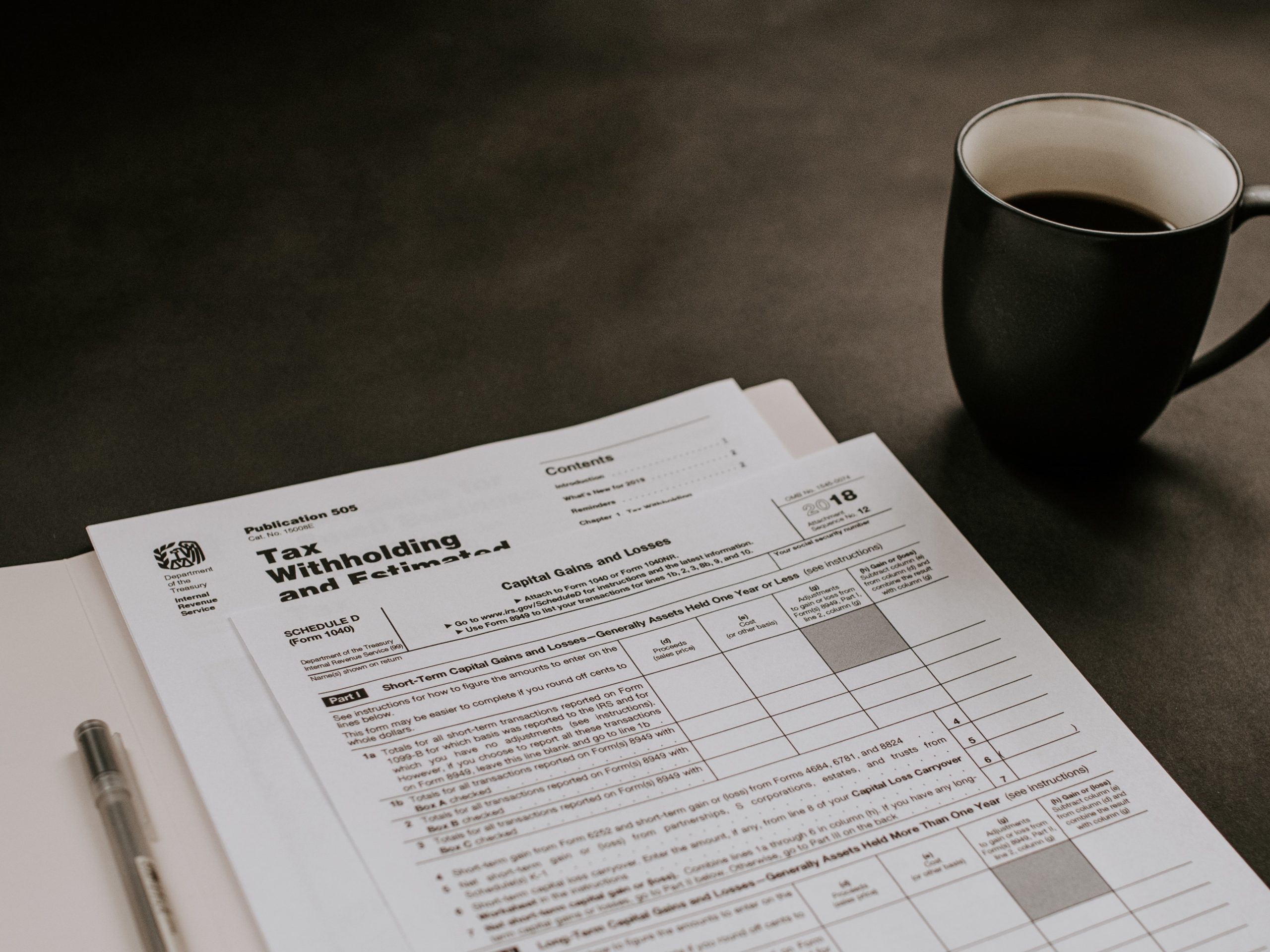
Do You Need a Bookkeeper or a Controller?
In the world of small business ownership, you’ve likely already come to find out that there are many roles that people can play in your company’s finances. Two of the most common financial functions include bookkeepers and controllers. Determining which position your company needs is incredibly important to its well-being. In this article, we’re going to explore the differences between a bookkeeper and a controller. This will help you make a more informed decision on which to choose.
At Yeater & Associates, we’re dedicated to helping Greeley small businesses not only survive but thrive financially. Take a look at the accounting services we offer, and get in touch with us so we can help your bottom line.
What Does a Bookkeeper Do?
To put it simply, a bookkeeper is responsible for handling all the financial recordkeeping for your business. That said, their job is anything but simple! A bookkeeper must pay laser-sharp attention to details to ensure that your records are accurate and that your company is compliant with all applicable laws. Mistakes can lead to fines, lower credit scores, and financial losses, not to mention the lost time when it comes to reconciling any issues.
Some of the roles a bookkeeper can play are to
- manage payroll,
- manage cash flow, and
- recording transactions at the end of each business day.
They are also responsible for
- filing payroll tax returns,
- sales taxes,
- state taxes, and
- federal taxes.
As you can see, your Greeley bookkeeper would manage multiple moving parts, and their role is one that requires sophisticated financial understanding.
What Does a Controller Do?
Where a bookkeeper is in charge of managing the details and transactions, a controller takes it a step further.
- Controllers can help you improve your financial health.
- Controllers analyze the data from bookkeeping transactions and provide forecasting and projections to help you reach your financial goals.
- They can go back several years to learn more about your company’s finances to determine trends that can be helpful in the months and years to come.
Controllers also provide audits to ensure that your business’ money is being handled in compliance, and to make suggestions for improving your budget. If your business is one that requires special-purpose reports, a controller in Greeley can prepare these reports to ensure they comply with regulatory and governmental agencies.
Bookkeeper Or Controller?
So which one is right for your Greeley small business accounting needs? This isn’t a black-and-white answer, and you may need one or the other, or even both! Hiring somebody to take over financial roles frees you up to focus more on your business, customers, and the many different hats you wear as a business owner.
If your most significant pain point is reconciling your transactions and processing payroll, then a bookkeeper could be what you need.
However, if you’re hoping to grow your business or to improve cash flow, then a controller could be your best choice.
That said, if your budget can’t handle both roles, then hiring a firm such as Yeater & Associates means that you don’t have to hire these positions full-time to operate in-house. You will have access to a virtual controller or bookkeeper who handles these crucial roles.
Ready to learn more? Yeater & Associates serves Greeley and the surrounding areas and can dedicate the time your business needs to these critical positions. Contact us to let us know what we can do for your business, and we’ll provide you with a quote and highly trained professionals who can give you peace of mind.



